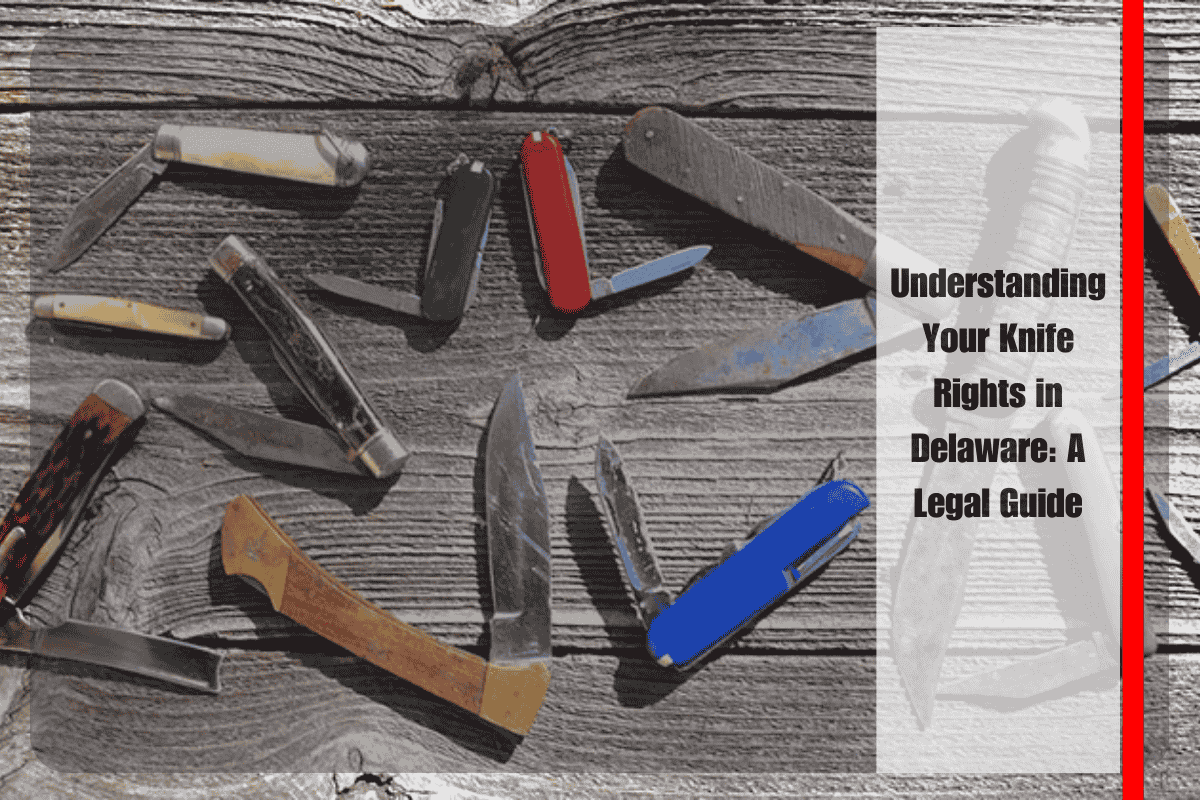Delaware’s knife laws underwent significant reform in 2025, giving residents greater clarity and freedom when it comes to owning, carrying, and using knives. The signing of SB 108 into law by Governor Matt Meyer on July 31, 2025, marked a watershed moment. Most notably, this law immediately legalized the possession, carrying, and ownership of automatic knives—commonly known as switchblades—which had been prohibited for decades.
Previously, such knives were classified under the law as “deadly weapons,” risking criminal prosecution even for responsible tradespeople, outdoor enthusiasts, and regular citizens using them as practical tools. With the new legislation, Delaware has modernized its approach, recognizing that many types of knives serve legitimate uses in work, recreation, and daily life rather than being innately dangerous.
The legal definition of what constitutes an “ordinary pocketknife” was also updated. Now, any knife—including both folding and non-folding designs—with a blade length of up to 3.75 inches is considered an ordinary pocketknife. This replaces the previous restriction, which limited lawful pocketknives to folding knives with blades less than or equal to 3 inches.
In Delaware, carrying an ordinary pocketknife is permitted, provided its blade does not exceed the new 3.75-inch limit. Anything exceeding this—except for knives with a clear sporting, household, or professional use—may fall under the category of a “deadly weapon.” Carrying concealed deadly weapons, including larger or otherwise restricted knives, remains illegal without a proper license, and Delaware law provides a process for eligible citizens to apply for such a license.
Despite the liberalization regarding automatic knives and expanded definitions, there are important limitations. Concealed carry of knives that do not fall within the “ordinary pocketknife” definition is still considered an offense unless a valid concealed deadly weapon permit is held.
The blade length is defined to include the entire sharpened and unsharpened portion, with only the handle excluded. Delaware statutes also continue to prohibit undetectable knives and regulate so-called “knuckle-combination” knives, which incorporate features like brass knuckles, as dangerous instruments. Additionally, using any knife, regardless of legality, in an unlawful manner or within the commission of a crime can still result in serious felony charges.
In summary, Delaware now permits most law-abiding adults to own, possess, and publicly carry a wide range of knives, including automatics and larger ordinary pocketknives. The state’s laws recognize knives as essential tools for many residents, though strict prohibitions remain in place for concealed carry of larger or prohibited knives, certain specialty weapons, and acts of violence.
Always ensure any blade carried for work, recreation, or self-defense fits the current statutory requirements, and be mindful that locations such as schools or government buildings may enforce additional restrictions. Knowing these details helps empower Delawareans to responsibly exercise their knife rights within the framework of state law.
Sources
(https://www.akti.org/news/delaware-legislature-passes-automatic-repeal/)
(https://kniferights.org/legislative-update/delaware-switchblade-ban-repeal-knife-law-reform-passes/)
(https://www.akti.org/state-knife-laws/delaware/)
(https://congressionalsportsmen.org/news/delawares-pro-sportsmen-knife-legislation-heads-to-governors-desk/)
(https://legis.delaware.gov/BillDetail/142112)












